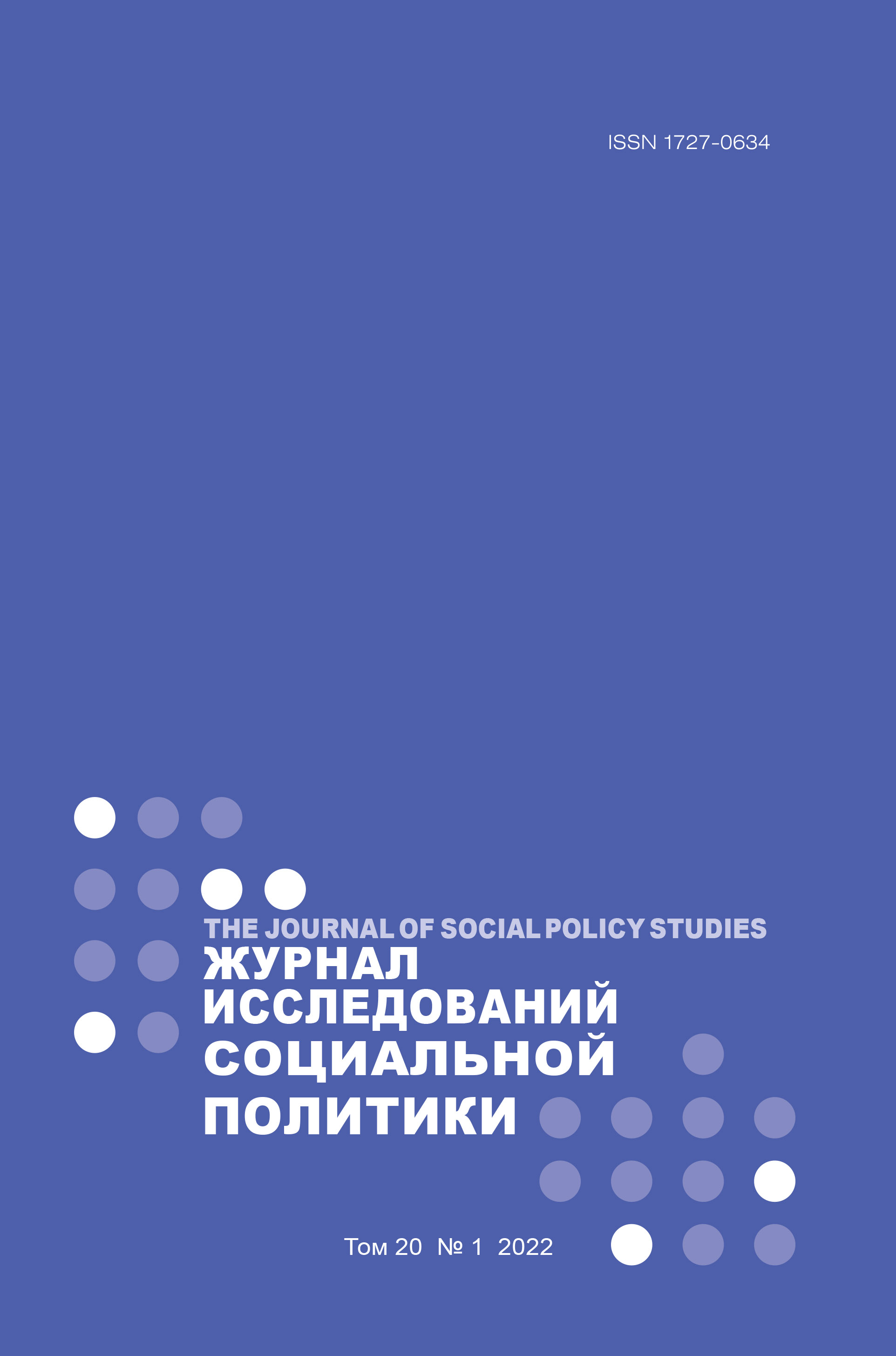Gender Imbalance in the Academy: Objective Statistics and Subjective Meanings
Abstract
The article reveals the problems of work-life balance through the prism of statistical data of the educational and scientific sphere, and semantic constructs of gender imbalance through the concept of life and work balance. Statistical data demonstrate the gender gap with the advancement of the academic career ladder, and subjective meanings reveal that women who are engaged in science at the university are not inclined to declare a complete lack of opportunities for combining personal (family) life and motherhood, in fact, allow such a situation, but with some clauses. The possibility of combining personal life and academic career is reflected, but with certain reservations. They associate their identity primarily with the role of a mother, and in professional terms, more often with the role of a teacher, rather than a supervisor. At the same time, they note the vulnerable position of women in terms of career growth rates in the academic sphere. This is also reflected in the intra-university statistics of the distribution of the teaching staff by the availability of academic degrees. The case in this article shows that among men, professors and associate professors are more common (their careers are moving faster), while women are more likely to occupy the positions of a lecturer / senior lecturer. When choosing a family, women choose a career as a teacher, which allows them to optimize the time spent on work and household duties. Academic sphere puts additional pressure on women, demanding maximum scientific productivity, without actually providing any support from the intra-university social policy. The study showed that there are no formal restrictions for women in building an academic career, but there are implicit gender barriers due to both institutional characteristics and the normative type of family, motherhood and fatherhood.















